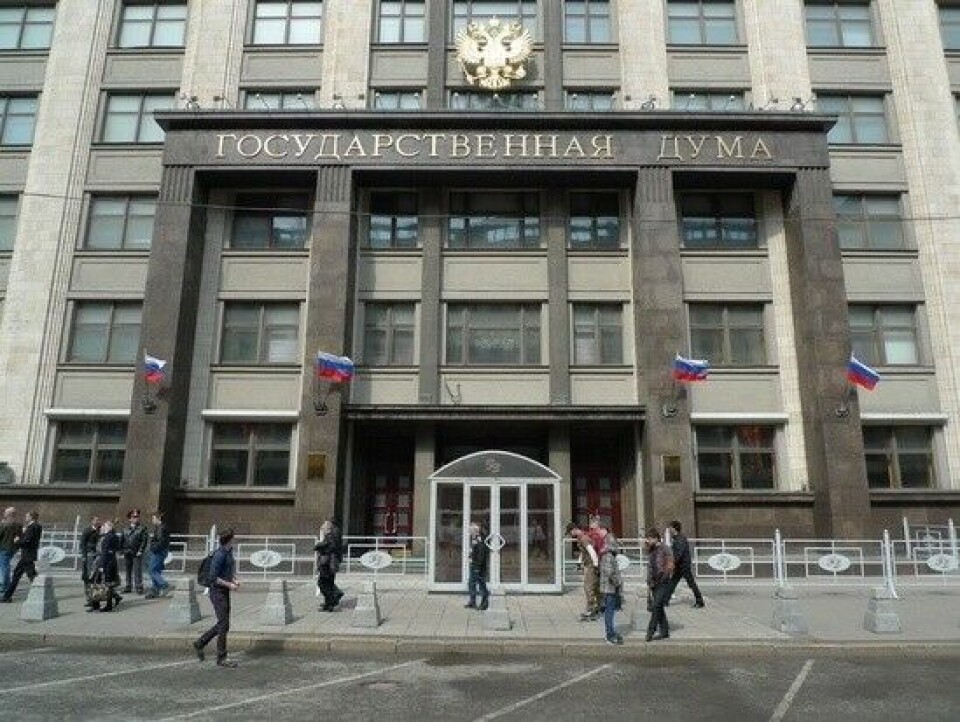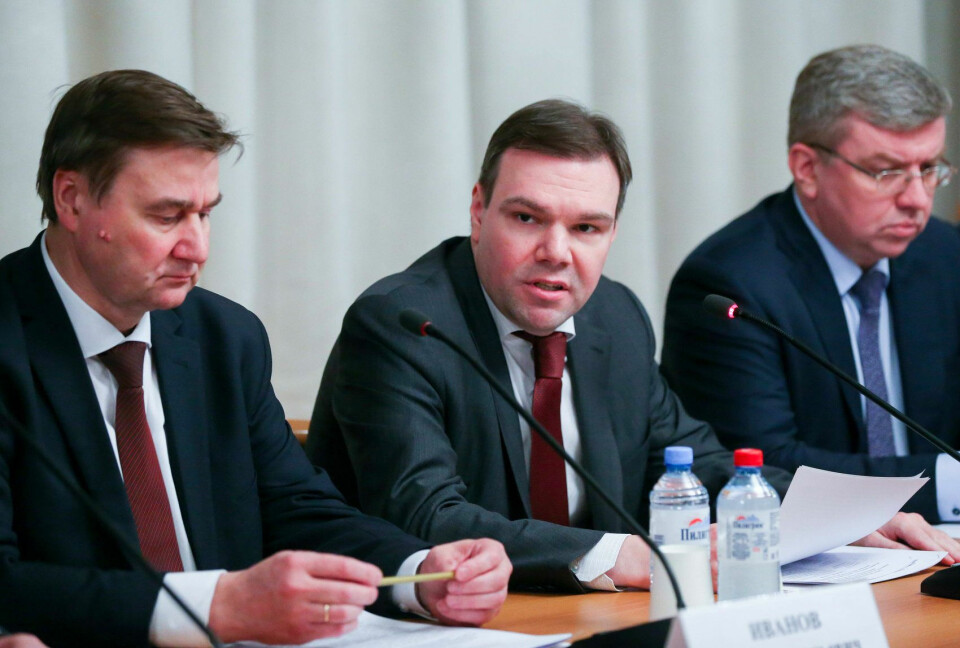
Fake news! Russian legislators take on truth and the media
The State Duma adopts a package of new laws that enables government to crack down on news regarded as «unreliable public information.»
p.p1 {margin: 0.0px 0.0px 0.0px 0.0px; font: 11.0px ‘Helvetica Neue’; color: #000000; -webkit-text-stroke: #000000}p.p2 {margin: 0.0px 0.0px 0.0px 0.0px; font: 11.0px ‘Helvetica Neue’; color: #000000; -webkit-text-stroke: #000000; min-height: 12.0px}span.s1 {font-kerning: none}
In its plenary session on 7th March, the legislators of the lower house in the Russian parliament adopted a series of amendments in the federal Law on information, information technology and information protection.
It’s about fakes news, or «unreliable vital public information», as parliament committee leader Leonid Levin makes clear in a notice.
News media and others that distribute the «unreliable information» now face major fines and potentially also blocking of their websites by state media watchdog Roskomnadzor. In serious cases, the fines can amount to as much as 1.5 million rubles. Also regular individuals can be hit and face up to 400.000 rubles penalties.
According to the Levin, fake news threaten the life and health of citizens, people’s property, as well as public order and security. It also poses a threat towards the operational performance of vital life-support systems, transport and social infrastructure, credit organizations, energy objects, industry and communications, the State Duma informs.
It will be the State General Prosecutor’s office that will decide on the level of reliability of the information, Leonid Levin makes clear.

«The information can have a various degree of reliability, and the General Prosecutor and his deputies will be the ones that determine this level,» he says, and adds that decisions can be disputed in court.
How is the level of «fake» be determined?
According to Levin, criteria on the level of danger associated with the fake news are to be decided on by the General Prosecutor based on «the news agenda and character of events that could arise a wave of fake news with potential serious consequences.»
When fakes are identified the General Prosecutor will notify the Roskomnadzor that subsequently will request the news source of removing the contents. If the news media fail to comply it faces blocking.
Russia from before has a similar regulations on call for public disorder, extremism and unsanctioned popular protests.
The regulations are primarily made for news media based in Russia. However, it can not be excluded that it also will apply to foreign media. The Barents Observer, which is fully run and operated from Norway, was last month blocked in Russia by Roskomnadzor after it refused to comply with a demand to un-publish a story.
It is also questionable whether the new regulations will be applied also against Russian state media. Currently, the actions of Roskomnadzor primarily aim at non-state media.
Several state-supported media organization could potentially face serious troubles if the reliability of their news information is scrutinized by the General Prosecutor’s office. Troubles could also come for media like the Federal News Agency and its network of subsidiary news agencies.
As shed light on by a comprehensive study published by newspaper RBC, the Federal News Agency and its subsidiaries were originally established on the same address as the so-called Troll Factory in St.Petersburg. «From the Troll Factory has grown a Media Factory», the newspaper reported in 2017.
Several more media law amendments were made by Russian legislators this week. Among them is a ban on information that «encroaches on human dignity and public morals and expresses disrespect for society, the state, official state symbols, the Constitution and state authorities.»
Like with the «fake news», the General Prosecutor will approach the media controllers of the Roskomnadzor in cases of suspected violations whereupon the latter will take action against the media.
















